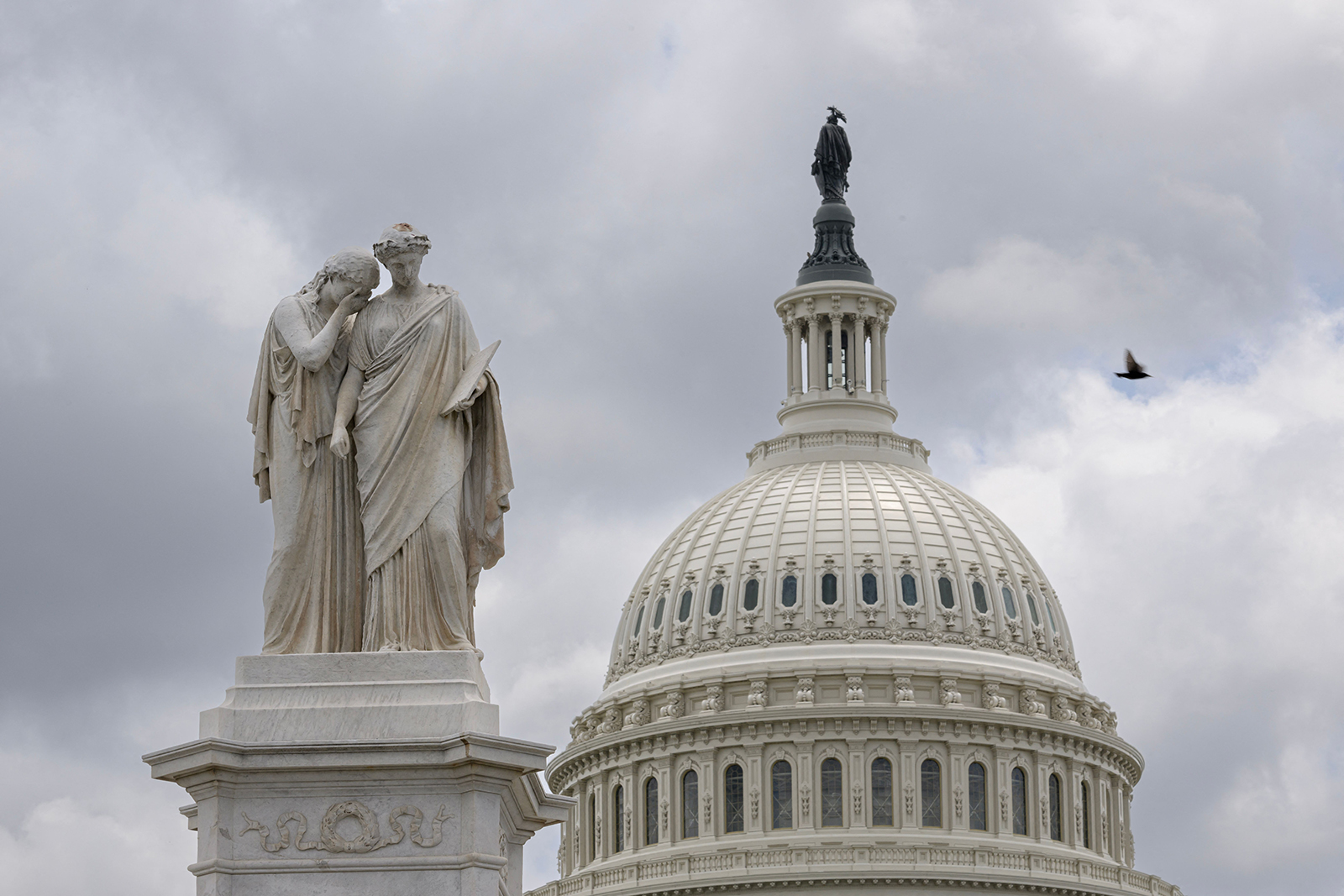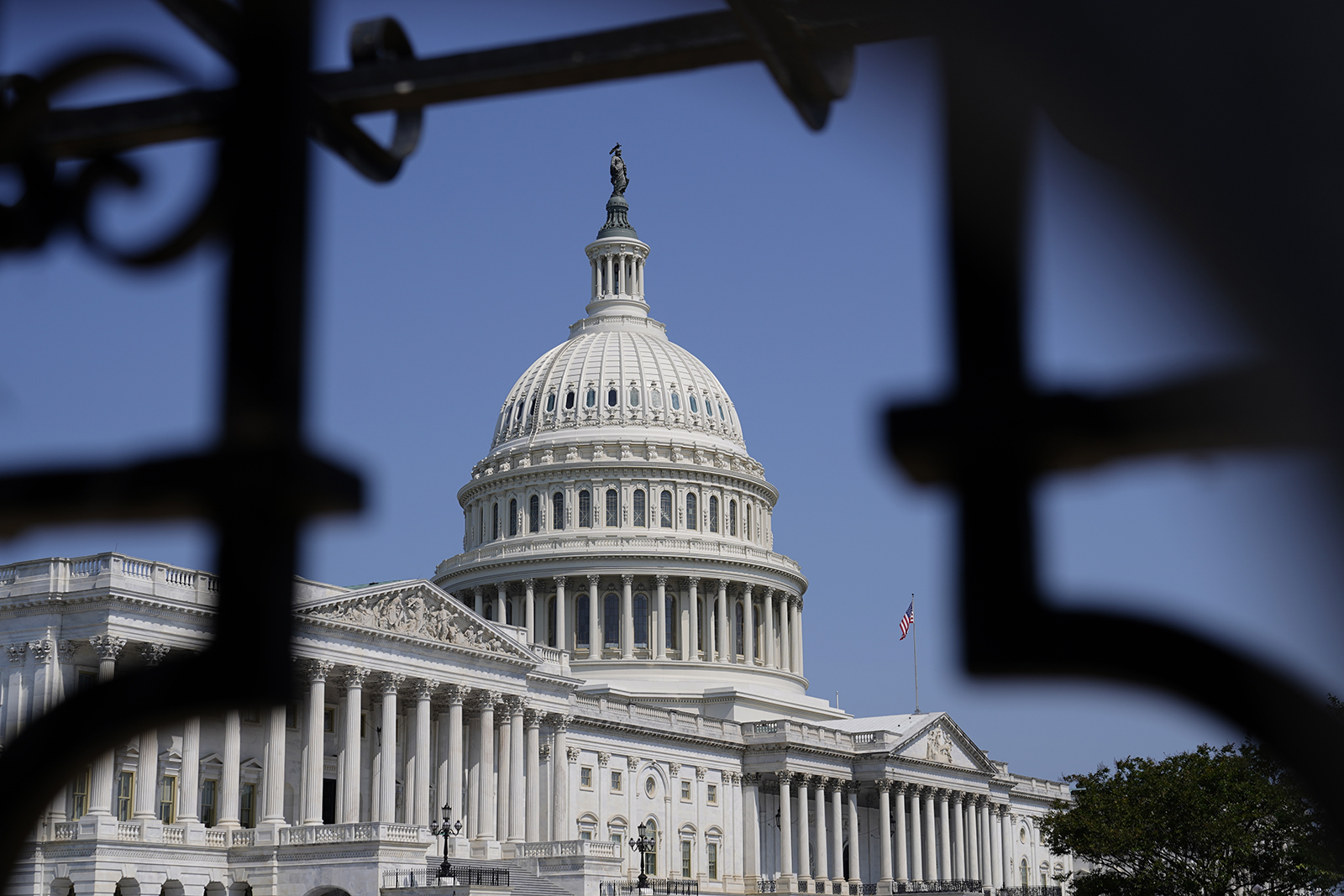
House Speaker Kevin McCarthy said Monday that the White House and House Republicans need to get a deal this week in order to avoid the nation’s first-ever default.
McCarthy is scheduled to meet with President Joe Biden later today at 5:30 p.m. ET. Treasury Secretary Janet Yellen's "hard deadline" for the US to raise the debt ceiling.
“I thought it would be better to get a deal sooner. We could get a deal tonight, we could get a deal tomorrow, but you’ve got to get something done this week to be able to pass it and move it to the Senate,” he told CNN’s Manu Raju.
McCarthy defended the demands Republicans are making now on the debt ceiling, as he was pressed over why they didn’t make those spending cuts when Donald Trump was President.
“The outcry was the speaker was different. The speaker was Nancy Pelosi,” he said.
McCarthy downplayed the possibility of a revolt among the right flank over any deal he cuts with the White House, but he didn’t say he would only put a bill on the floor if it got a majority of Republican support. Instead, he said, “I firmly believe what we’re negotiating right now, a majority of Republicans will see that it is a right place to put us on a right path.”
Where things stand: Pressed if Biden has agreed to the spending levels that Republicans have been pushing for, McCarthy replied, “Nothing is agreed to. We've had very good discussions, very professional going through. I have the highest respect for the individuals he has down here working on it."
He would not say if work requirements for certain social safety net programs were a red line for him, but defended Republican demands to include them, saying, “every study has shown it helps people.”
“There is a number of places we've been discussing, a number of places the president discussed. That's why we're going to get together, and we're not going to cut the deal here, but we're going to work together, solve this problem and make America stronger," he said.







